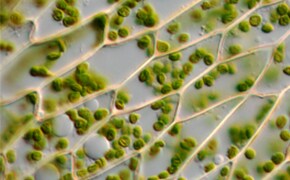Cell & Developmental Biology Research

Rooted in physiology and biochemistry, cell and development biology features an interdisciplinary approach to understand intracellular and extracellular dynamics. Depending on the focus area, research includes cell signaling, cell adhesion and migration, cell death and survival, epigenetic regulation, cell growth and division, and membrane trafficking.
Related Articles
- Improper solubilization can potentially result in loss of the peptide/protein and result in failure of the experiment.
- To prevent or minimize peptide degradation we recommend storing the peptide in lyophilized form at –20 °C or –80 °C. Once in solution, the peptide/protein should be stored frozen in individual aliquots to avoid freeze-thaw cycles. Also, prolonged exposure to pH>8 should be avoided, and solutions should be chilled. Finally, prolonged exposure of lyophilized peptides and solutions (especially at high pH) to atmospheric oxygen should be minimized.
- Handling and Storage Guidelines for Peptides and Proteins
- n proliferating cells, the cell cycle consists of four phases. Gap 1 (G1) is the interval between mitosis and DNA replication that is characterized by cell growth. Replication of DNA occurs during the synthesis (S) phase, which is followed by a second gap phase (G2) during which growth and preparation for cell division occurs. Together, these three stages comprise the interphase phase of the cell cycle. Interphase is followed by the mitotic (M) phase.
- 3D cell culture overview. Learn about 2D vs 3D cell culture, advantages of 3D cell culture, and techniques available to develop 3D cell models
- See All (22)
Find More Articles
Sign In To Continue
To continue reading please sign in or create an account.
Don't Have An Account?